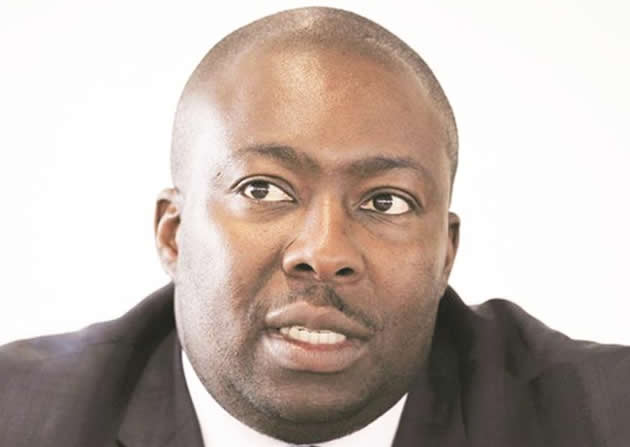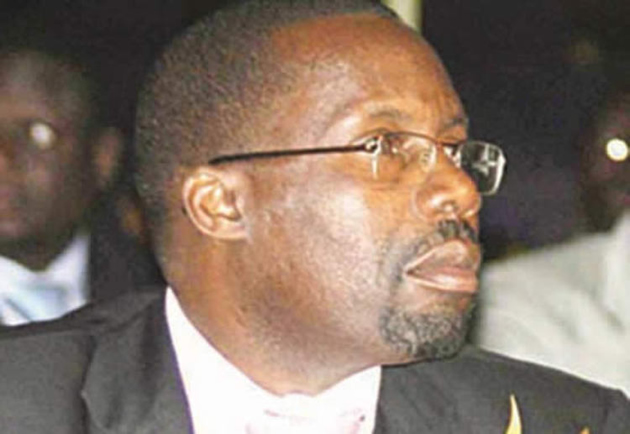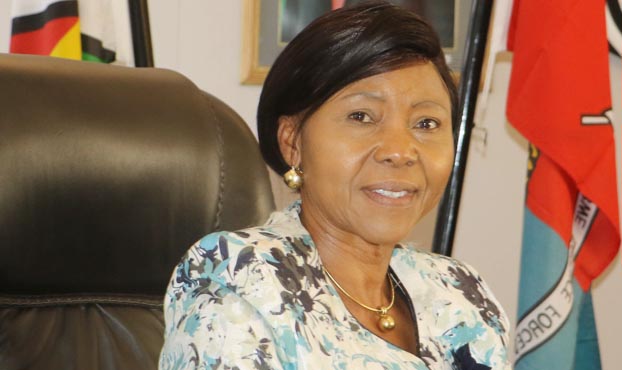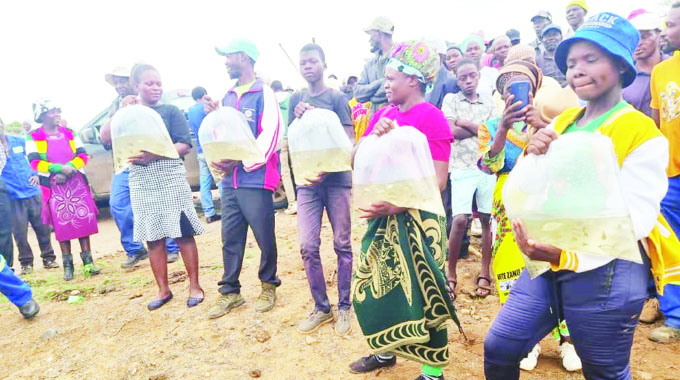EDITORIAL COMMENT: Harare City Council audit laudable

The audit of Harare City Council’s businesses ordered by Local Government, Public Works and National Housing Minister Saviour Kasukuwere needs to go beyond simply finding out if anyone is stealing money: the audit needs to look at the actual basis of some of the businesses.
The one that does produce revenue, City Parking, is the simplest. It involves collecting money from motorists parking in the city centre and using this money to maintain parking garages and find more parking. There is a cost, the salaries of the people who collect the money and the cost of their simple equipment, but the business model is simple.
That such a system is needed is acknowledged by all. Indeed it used to be an efficient department within the municipality itself and only became an independent business when that department effectively collapsed during the inflationary period and was resuscitated as a business with the help of an outside investor and is now under municipal control again.
But other council businesses may not now make sense. Rufaro Marketing is one obvious candidate. It is a successor of a colonial policy to keep indigenous Zimbabweans away from strong liquor and then make money from apartheid-style laws. In 2015, it is a total anachronism trying to rent out property it inherited from municipal departments when set up as a business and doing little than collecting enough rent to pay salaries of the people who rent out the property.
RELATED ARTICLES
It is never going to return to what it was, so a full audit might find no reason for its continued existence. The property can revert to the city council and be reassigned to social needs, if these need them, or be rented out by the officers who rent out other municipal property.
And that raises the question of how much of the other council property should be handled; some could be sold, some leased for long leases to developers and some could be given away for social purposes. An audit needs to offer options.
Other businesses were never there to make money. The city nursery was set up to provide the saplings for lining streets and avenues, and to sell excess plants to residents. All a full audit needs to consider is whether it would be cheaper for the council to buy plants from private nurseries or whether it is cheaper to run its own and offset some costs with commercial sales.
The council itself is starting to tackle some issues. It has decided to terminate all joint venture agreements whose implementation has not taken off or have implementation challenges, such as the upgrading of Rufaro Stadium, refurbishment of Harare Quarry, capitalisation of the city’s farms and the development of Mupedzanhamo Phase Two.
One problem, noted by the mayor and his predecessor, is that the council is not full of professionals and senior business managers, the sort of people who can make sensible commercial decisions. Officials do have professional qualifications, but few have any business experience or a natural aptitude for business. So there is the question of why the council is in businesses.
The council has assets that, in theory, can be used to generate revenue. But many of these assets are doing nothing, providing no service and no revenue. And there is the tendency to assume that because something was once created it must stay forever. A thorough audit could dig into these problems and create options for each type of asset.
In the end the assets, although in the council’s name, belong to the people of the capital city. Their only reason to exist is to benefit the people. Some will never make money, parks and swimming pools for example, but are needed. Others should at least break even, but continue to provide a service, such as halls or stadiums. Others need to make money, or need to be sold or leased out on proper creative leases and the money invested to provide revenue.
So we hope that the audit can be in two parts, first testing the general honesty and then going further and asking questions about what should be done.








Comments